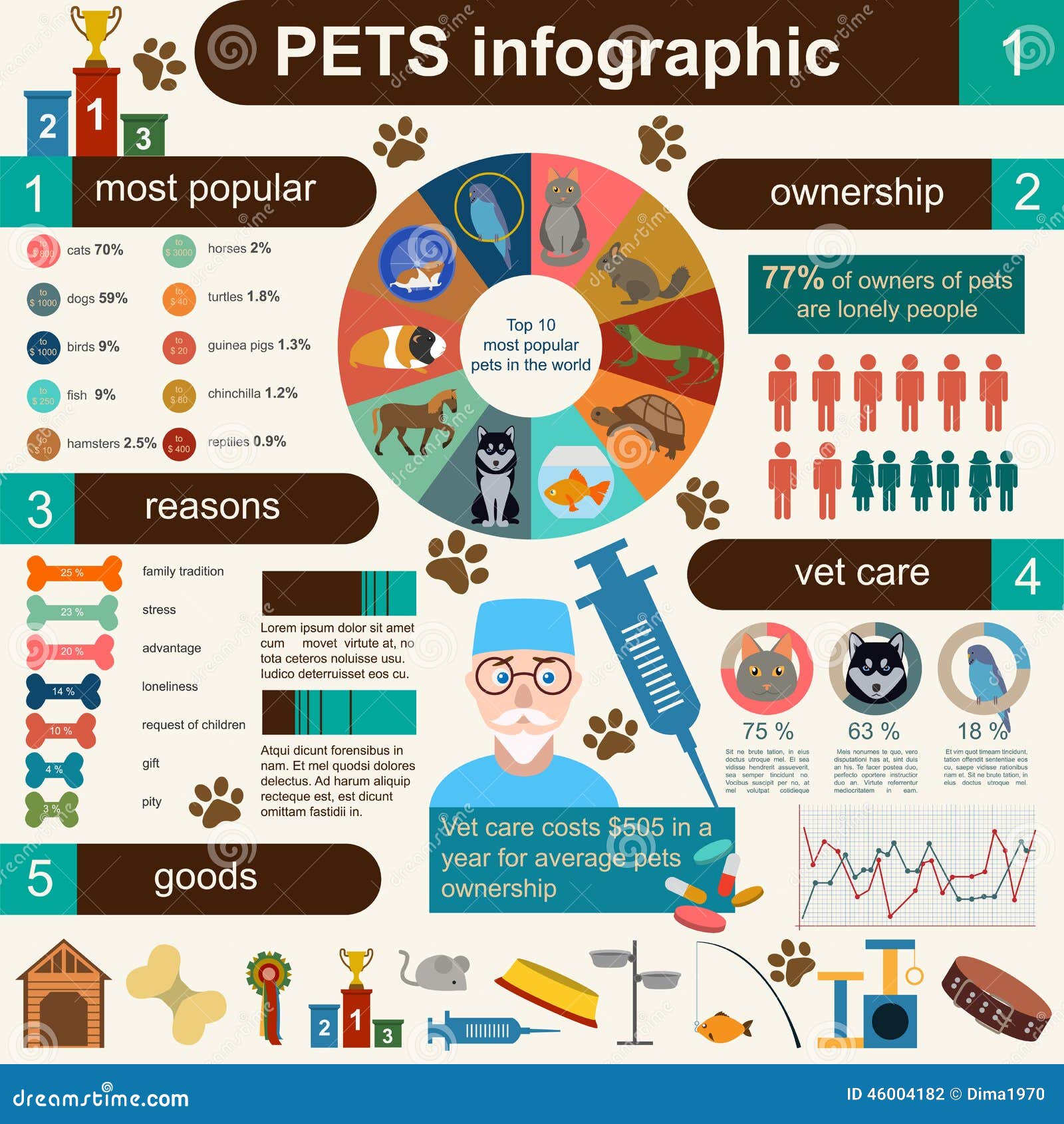Chances are that if your pet dog is routinely exposed to various other pet dogs, even if they're correctly vaccinated, they might get home with some kind of ailment. Inoculations, regular veterinary examinations, and good health techniques can lessen risk variables for infection and illness.
Stressed or anxious dogs can develop gastrointestinal issues and other health and wellness problems that are easily spread in between pet dogs. Establishing age limitations and behavioral policies can assist make sure that only healthy canines enter your facility.
Distemper
Canine distemper is a major and commonly deadly infection that assaults a pet dog's breathing, digestion, skin and immune systems. Pups are specifically at risk and can contract the disease through direct contact with an infected animal or with the air-borne transmission of virus particles given off during coughing, sneezing or breathing.
The incubation period for canine distemper is in between 3 and 7 days. While pups at daycare might seem to catch parvo from another infected pet, it's not likely considering that the incubation duration is so short.
While there is no cure for canine distemper, supportive care can aid pets recoup. This includes fluids, antibiotics and medications to control seizures. The Drake Facility for Vet Care notes that signs include dripping eyes and nose, looseness of the bowels, vomiting, loss of appetite and neurological problems such as twitching and shakes. Pups require a complete inoculation collection and yearly boosters to safeguard them against this condition, which is why reputable pet day care centers require up-to-date inoculations.
Kennel Coughing
Kennel Cough (Canine Transmittable Tracheobronchitis) is an extremely contagious upper respiratory system problem brought on by germs and viruses. It spreads out with airborne beads from a coughing or sneeze, direct get in touch with, and sharing of polluted objects such as toys or water bowls. It is native to the island in position where numerous pets are housed close together, such as kennels, pet parks, grooming salons and programs. A number of vaccines are readily available to secure against the virus that trigger kennel cough, and correct hygiene practices can aid stop infection.
The classic sign is a dry, hacking coughing comparable to that of a goose honk, and most pets recuperate with little intervention. Nonetheless, serious cases can bring about pneumonia, and young puppies or canines with pre-existing ailment go to higher threat for problems. To quicken healing, use a harness rather than a collar while your dog is recouping to prevent irritability to the windpipe. A humidifier might likewise help to dampen the air and prevent completely dry coughing.
Parvovirus
Parvovirus (CPV) is a serious condition in pet dogs. It is similar to feline panleukopenia (feline distemper), however it's much more harmful and can spread quickly among dogs because of its extremely durable nature.
This virus assaults the intestinal cellular lining of a dog, ruining it and causing germs to slough off into the blood stream. The weakened body immune system and overwhelming germs lead to septic shock, which is normally fatal.
Thankfully, vet medical facilities supply efficient therapy for parvovirus. These medications are provided directly right into a patient's bloodstream and targeted in the direction of the particular pressure of parvovirus. This therapy method is very effective and assists re-train the immune system to combat off the infection. Pets with serious signs and symptoms are typically hospitalized for numerous days for monitoring and extensive like ensure their survival. Young puppies, unvaccinated dogs and pet dogs with weak immune systems are especially susceptible to parvovirus. This is particularly real for young puppies birthed to stray moms and sanctuary environments, where they are exposed to lots of other ill and at risk dogs.
Dog Flu
Canine influenza (CIV) is an infectious respiratory system disease that can be triggered by pet dogs sharing infected surfaces or direct contact with breathing secretions. CIV spreads conveniently in environments where there are high numbers of pet dogs, such as pet parks, daycares, brushing facilities and veterinary centers.
Contaminated pets shed the virus with aerosol breathing beads when coughing or sneezing, and may pollute things they enter into contact with like cages, toys, food bowls, chains and the hands and garments of people that manage them. Canines can additionally be "silent providers" spreading out dog kennels boarding the infection without revealing any symptoms themselves.
Signs of canine influenza include sinus and eye discharge, coughing, high temperature, loss of appetite, and weakness. The infection can advance to pneumonia, which can be fatal in some canines. PCR viral screening is readily available for verification of infection. Ideally, samples (usually deep nasal or pharyngeal swabs) for PCR testing must be accumulated within 4 days of the start of clinical signs.
